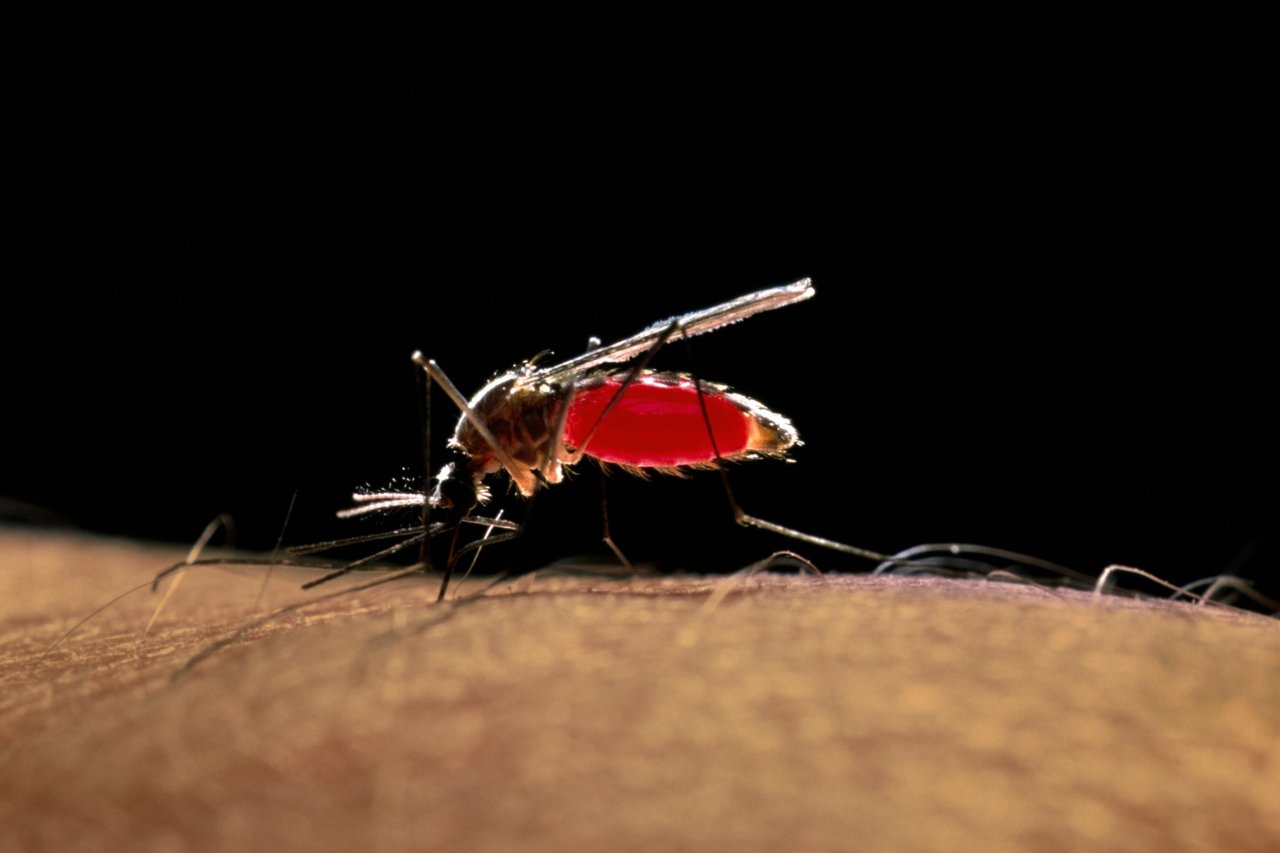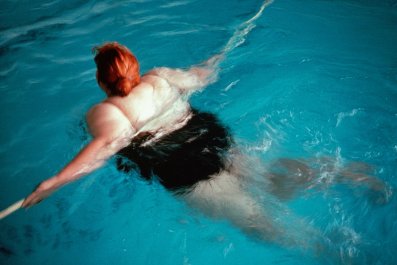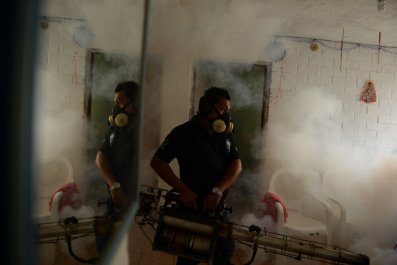The number of people sickened by malaria has fallen by 18 percent over the past 15 years, and the number of deaths due to the mosquito-borne illness has almost been cut in half, the World Health Organization (WHO) estimates. These gains are largely credited to efforts to reduce malaria transmission indoors, using insecticide-treated bed nets and residual spraying. Yet even in areas where such tactics have been widely adopted, the number of new malaria cases remains high—because, as we all know, mosquitoes also bite outside. Reducing outdoor transmission is a key challenge in fighting this and other mosquito-borne diseases, including dengue fever and the Zika virus.
Researchers at Tanzania's Ifakara Health Institute may have a tool to help fix that. Instead of playing defense, as with bed nets, the researchers want to lure mosquitoes away from people by mimicking how people smell. They designed mosquito landing boxes, or MLBs—solar-powered baits that work by releasing a cocktail of human odors and carbon dioxide, which the Ifakara team produces cheaply by fermenting molasses with yeast. Carbon dioxide is irresistible to mosquitoes: We and other animals exhale this gas when we breathe. When mosquitoes, thinking they have found a blood meal, land on the decoy, they pick up a dose of insecticide. According to a study published in December in Malaria Journal, the team's decoy fooled 43 to 63 percent of recaptured mosquitoes, even in the presence of people.
So far, the MLBs have been tested only inside large screened enclosures. The next step will be to test and document the device's effectiveness in open villages, to help inform where and how far apart the decoys would need to be located. The Ifakara team might also have to switch up the device's kill mechanism, as the mosquitoes have already developed resistance to all four recommended classes of insecticide, according to the WHO. The team suggests an alternative: using small electric grids, which would kill mosquitoes on contact.
There is always the possibility that mosquitoes may learn to smell danger in the bait box. Dyann Wirth, director of the Harvard Malaria Initiative, cautions that such a device might require monitoring and long-term maintenance to stay ahead of the curve. "The reality is that if you put strong selection pressures on a biological system, you're going to see the organism find a way to work around them, either in their behavior or biology," she says.
In the fight against malaria and other mosquito-borne diseases, no tactic, however foolproof, can be used alone, particularly as rising global temperatures expand their reach. But approaches that focus on interrupting transmission, like the MLB, will be critical. "It's very clear that a single approach is unlikely to work," Wirth says. "Combining interventions together is the hallmark of recommendations to eradicate malaria going forward," she says.




















